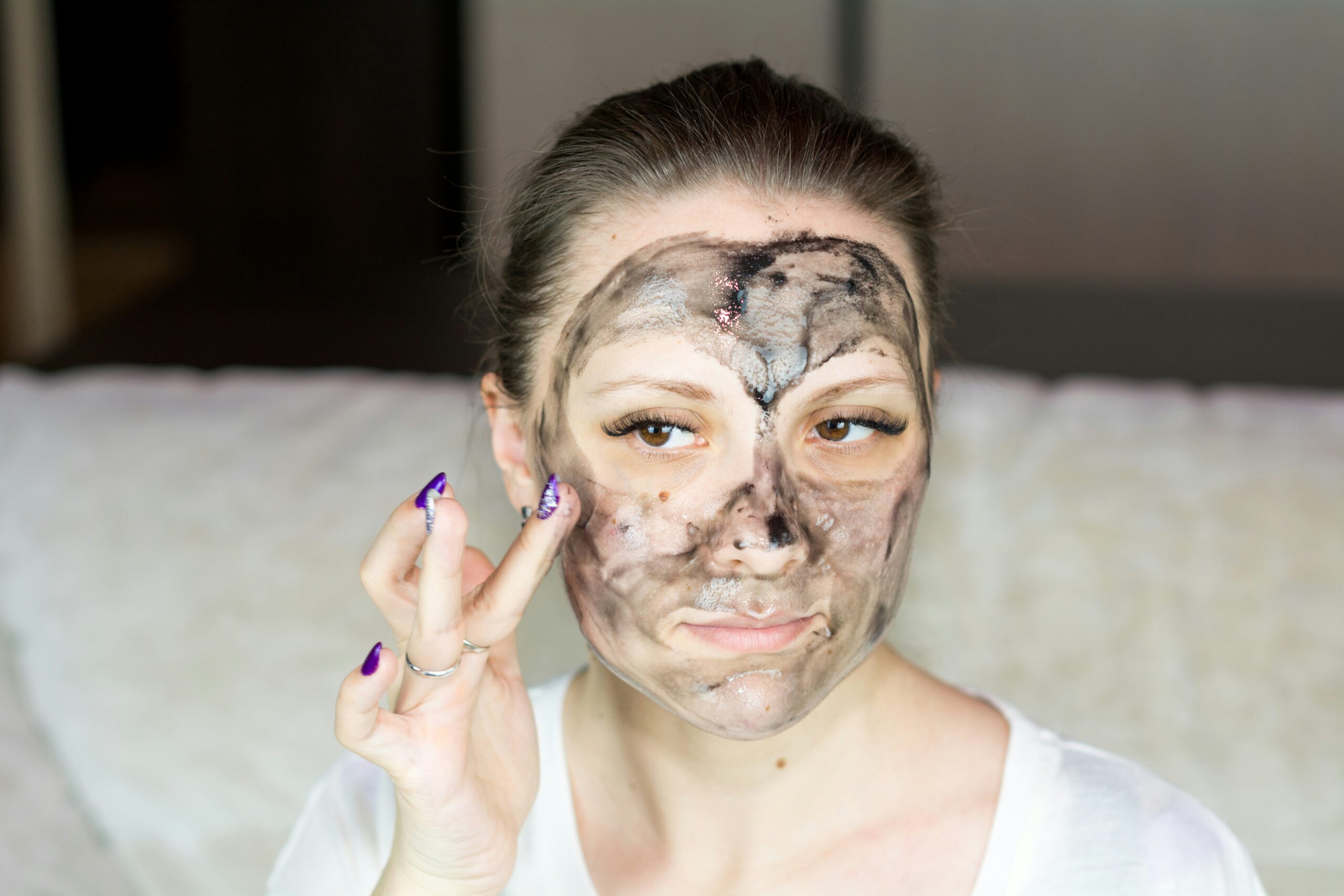Acne is a common skin condition that affects people of all ages, but it can be especially frustrating for women. From hormonal changes to lifestyle factors, various triggers can lead to acne breakouts. This article will explore the causes of acne in women, offer prevention tips, and discuss effective treatment options for maintaining clear, healthy skin.
What is Acne?
Acne is a skin condition that occurs when hair follicles become clogged with oil (sebum) and dead skin cells. This blockage leads to the formation of pimples, blackheads, whiteheads, and in severe cases, cysts. Acne most commonly appears on the face, back, shoulders, and chest. Although it is most prevalent during puberty, many women experience acne well into their 20s, 30s, and beyond.
Causes of Acne in Women
Acne in women is often caused by a combination of internal and external factors. Understanding these causes can help women manage and prevent breakouts more effectively.
- Hormonal Fluctuations
One of the leading causes of acne in women is hormonal changes, particularly around menstruation, pregnancy, and menopause. During these periods, the body produces more androgens (male hormones), such as testosterone, which stimulate the sebaceous glands to produce more oil. Excessive oil production can clog pores, leading to breakouts. This is why many women notice an increase in acne around their menstrual cycle or during hormonal changes such as pregnancy.
- Polycystic Ovary Syndrome (PCOS)
PCOS is a hormonal disorder that affects many women of reproductive age. Women with PCOS often experience higher levels of androgens, which can lead to acne, irregular periods, weight gain, and excess hair growth. If you suspect PCOS might be contributing to your acne, it’s essential to consult a healthcare provider for diagnosis and treatment.
- Stress
Stress is a significant contributor to acne. When you’re stressed, your body releases cortisol, a stress hormone that can increase oil production in the skin, leading to breakouts. Many women notice a flare-up in acne during particularly stressful periods in their lives, such as before exams, job interviews, or major life changes.
- Diet
While the relationship between diet and acne is still being studied, certain foods can exacerbate breakouts in some women. Foods high in refined sugars, dairy products, and fast foods have been linked to acne in certain individuals. These foods can spike insulin levels, leading to an increase in oil production and inflammation in the skin. Additionally, a lack of essential nutrients like zinc and vitamin A can affect skin health.
- Cosmetic Products
Certain makeup and skincare products can clog pores and cause breakouts, especially if they are oil-based or contain comedogenic ingredients. Women who wear makeup regularly should look for non-comedogenic or oil-free products to reduce the risk of acne. It’s also essential to remove makeup thoroughly before bedtime to prevent clogged pores.
Preventing Acne Breakouts
While some causes of acne, such as hormonal fluctuations, may be unavoidable, there are steps women can take to reduce the likelihood of breakouts.
- Maintain a Consistent Skincare Routine
A proper skincare routine is crucial for preventing acne. Cleanse your face twice a day using a gentle cleanser that removes dirt, oil, and makeup without stripping your skin of natural moisture. Look for products that contain acne-fighting ingredients like salicylic acid, benzoyl peroxide, or sulfur. After cleansing, follow up with a lightweight, non-comedogenic moisturizer to keep your skin hydrated.
- Avoid Touching Your Face
Touching your face throughout the day can transfer dirt, bacteria, and oil to your skin, increasing the likelihood of clogged pores and acne. Try to avoid resting your hands on your face or picking at pimples, as this can lead to inflammation, infection, and scarring.
- Eat a Balanced Diet
Eating a balanced diet rich in fruits, vegetables, whole grains, and lean proteins can support overall skin health. Try to limit your intake of processed foods, sugary snacks, and dairy if you notice they worsen your acne. Consider incorporating foods rich in antioxidants, omega-3 fatty acids, and vitamins like A and E to improve skin health.
- Manage Stress
Since stress can trigger acne, finding ways to manage stress is essential for maintaining clear skin. Incorporate stress-reduction techniques into your daily routine, such as meditation, yoga, deep breathing exercises, or regular exercise. Taking time for self-care can help keep cortisol levels in check and reduce acne flare-ups.
Treatment Options for Acne
For women who already have acne, various treatment options are available depending on the severity of the condition. Here are some common treatments:
- Over-the-Counter Products
Many women can successfully manage mild acne using over-the-counter products that contain salicylic acid, benzoyl peroxide, or retinoids. These ingredients work by exfoliating the skin, reducing inflammation, and preventing clogged pores. However, it’s essential to use these products as directed to avoid skin irritation.
- Prescription Medications
If over-the-counter treatments are ineffective, a dermatologist may prescribe stronger medications. Prescription options include topical antibiotics, retinoids, or oral medications such as birth control pills or spironolactone, which can help regulate hormones. Women with severe acne may benefit from isotretinoin (commonly known as Accutane), a potent medication that can clear up stubborn acne but requires close monitoring due to potential side effects.
- Professional Treatments
Dermatologists also offer professional treatments such as chemical peels, laser therapy, and light therapy to reduce acne and improve the appearance of the skin. These treatments can be effective for women with moderate to severe acne and those dealing with acne scars.
Conclusion
Acne can be a frustrating condition for women, but understanding its causes and taking proactive steps to prevent breakouts can significantly improve skin health. By maintaining a consistent skincare routine, managing stress, and seeking appropriate treatments when necessary, women can reduce the frequency and severity of acne. Always consult a dermatologist for personalized advice, especially if your acne is persistent or affecting your self-esteem. Clear, radiant skin is achievable with the right care and approach!
